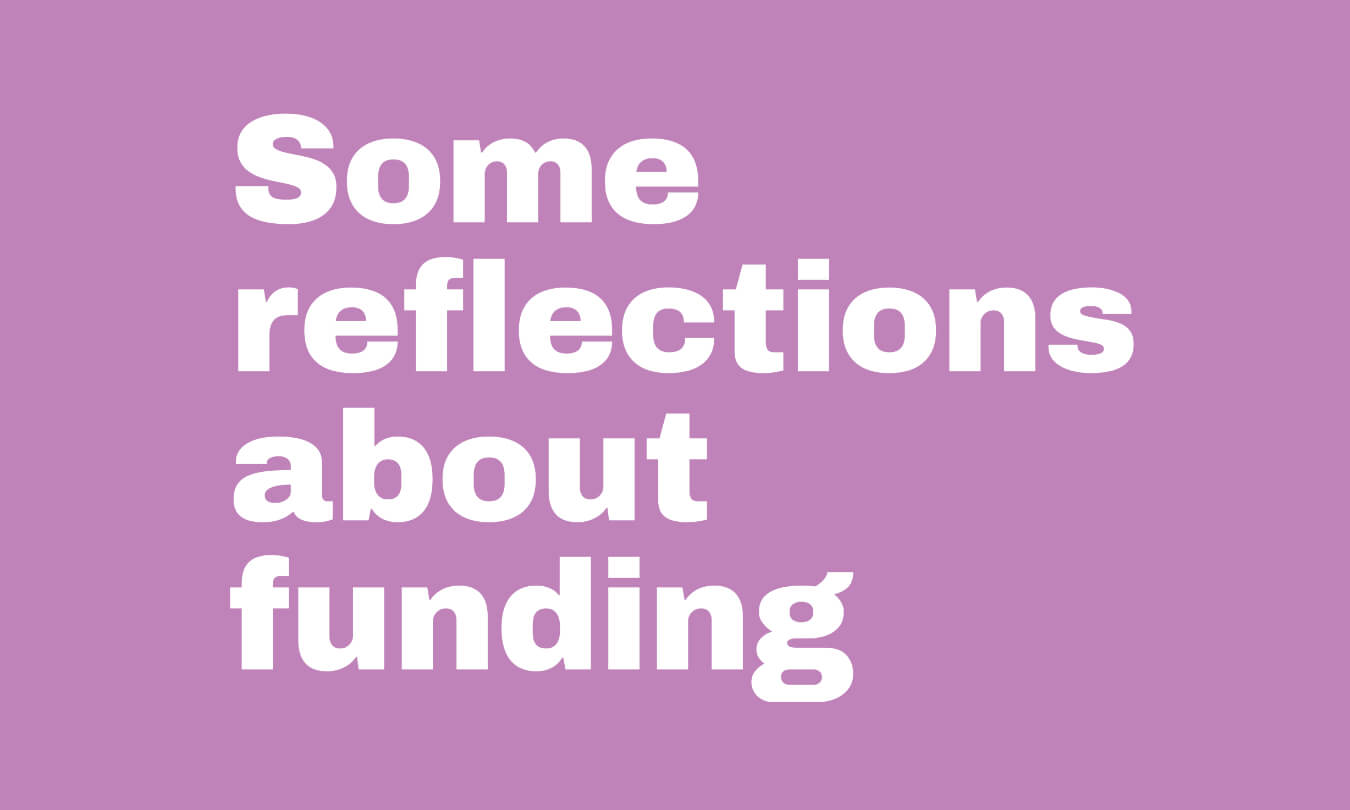This article is part of a series: The Past, Present and Future of OpenSAFELY
- The past, present and future of OpenSAFELY: Introduction
- How OpenSAFELY works
- Co-pilots give newcomers a helping hand
- Standard tools for data preparation, and federated analytics
- Output checking helps to keep private data safe
- The legal basis: ethics, controls and building trust
- Earning and maintaining trust: PPIE and more
- How OpenSAFELY began
- Consequences of COVID-19 and the role of vaccination
- “No other platform comes close”
- The 'unreal' speed of OpenSAFELY
- Using OpenSAFELY to fight antimicrobial resistance
- OpenSAFELY and antibiotics
- Using OpenSAFELY to carry out a randomised trial
- The OpenSAFELY Collaborative
- Some reflections about funding
- What's next for OpenSAFELY?
Running data infrastructure can be hard, and funding it is hard too. There have been several times when we nearly had to close the platform and disband the team. Nonetheless, we have been able to slowly grow the service, with some great news in just the past few months. People are sometimes shy about discussing funding in public, but we are happy to share our funding journey, in the hope that it might help others trying to build tools and services.
We started at the beginning of the pandemic with no resource. The Oxford team had a slice of core NIHR BRC money – £185,000 per year, to cover the OpenPrescribing service. We instantly switched this to start OpenSAFELY. Soon after, we were able to get core money from UKRI MRC covering some COVID research costs and platform development costs.
For the next period we were able to grow “in the gaps”, by finding money for platform work inside grants that were principally focused on delivering COVID-related research papers. Many people included costs for development of shared data infrastructure (with special thanks to Professor Nish Chaturvedi, and her NIHR, MRC and National Core Studies grants). But throughout this period we struggled to get funding that was specifically focused on data infrastructure, as a shared resource for all users.
There was one notable success: Wellcome data team actively sought us out, and gave us our first and biggest ever data infrastructure grant, at £2.3m. This “discretionary award” was solely and explicitly focused on stabilising the core team, and developing and delivering shared code, methods, tools, and services to make data more accessible for all users. This grant from Wellcome changed the future of the platform. Later, we also got £1.8m of UKRI/MRC money to expand our user-base through the COVID National Core Studies, for which we are hugely thankful.
This platform funding ran down quickly, as we took on huge numbers of users. As COVID funding dried up, we were no longer able to find gaps in other teams’ research grants to grow in, or infrastructure funding. Things got very close. But then, in October 2023, NHS England committed £4m per year to pay for 50 projects per year for our users, and some platform changes. For this, we are deeply grateful: not just for the ability to support more users, but also the opportunity to have deeper links with the NHS, its teams, and its expertise.
All academics are familiar with the challenges of funding. Infrastructure seems harder, because it’s a square peg. Despite the roadblocks and anxiety (and the rejected applications) we can empathise with the challenges that funders face: they were mostly designed to fund traditional research paper outputs; data infrastructure has shifted rapidly from “beige boxes in concrete buildings” to “code and teams”; and it’s hard, especially in a fast-moving space, to evaluate new options.
We are very conscious that all our funding for tools and services has been through bespoke, unconventional arrangements. If we have one request, it’s this: that funders could have open, competitive funding calls, where all can submit their own great creative ideas for services, tools and teams that make data accessible for researchers. We know that there are many great teams out there, across the country, in many other places, who could deliver brilliant data infrastructure work, if they could access the funds to scale their ideas.
As of autumn 2024, things are much rosier for OpenSAFELY. This booklet is published alongside the first big OpenSAFELY User Community conference, and we are delighted to announce that OpenSAFELY has just been awarded two major grants from Wellcome, amounting to £17m over 7 years, starting in 2025. We’re grateful for that, too.
OpenSAFELY funders to date are: NHS England, Wellcome, NIHR, MRC
Core costs are supported by The Peter Bennett Foundation



